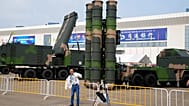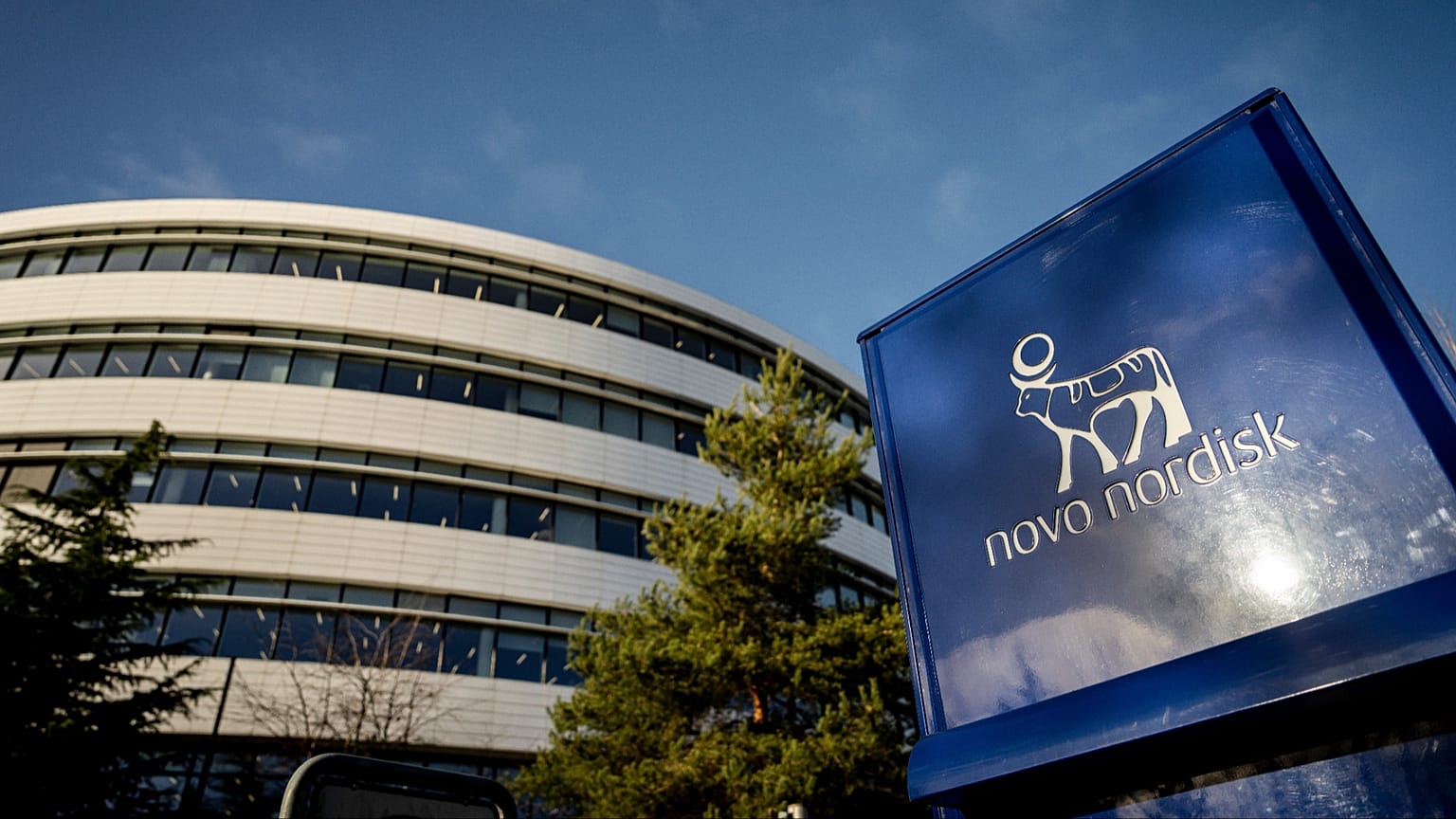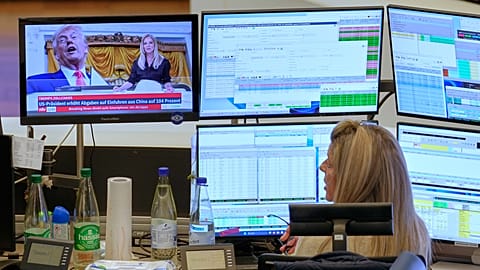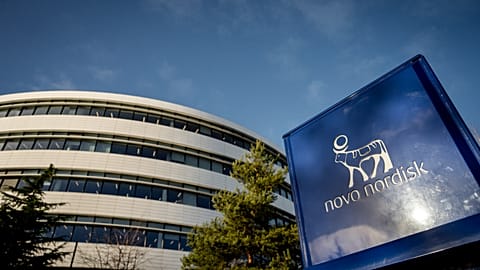Equity markets delivered a mixed response after Pfizer won the bidding war for anti-obesity drugmaker Metsera, as Metsera’s shares slipped but Novo Nordisk’s stock rose on news it was bowing out of the race.
Equity markets gave a mixed reaction to news that Pfizer had prevailed in the bidding war for anti-obesity drug manufacturer Metsera.
While shares in Metsera fell on the news there was a warmer reaction to Novo Nordisk withdrawing from the race to buy the company.
Relieved investors signalled their approval for the Danish multinational’s move, rewarding it with a modest rally in Novo Nordisk’s shares.
The market interpreted the withdrawal as a strategic decision to avoid overpaying in a competitive auction, allowing the company to maintain its strong cash position and focus on its own pipeline of obesity and diabetes treatments. This cautious stance was seen as a vote of confidence in Novo Nordisk’s long-term growth prospects without the risks associated with a costly acquisition.
In a statement, Metsera said it had agreed to merge with Pfizer, in a deal in which Pfizer will acquire Metsera for up to $86.25 (€74.34) per share, consisting of $65.60 (€56.5) per share in cash.
It said the Metsera board of directors had determined that the deal represented the best transaction for shareholders, both from the perspective of value and certainty of closing.
The statement added: “In light of recent circumstances, including the receipt by Metsera of a call from the U.S. Federal Trade Commission regarding potential risks from proceeding with the proposed Novo Nordisk structure under U.S. antitrust laws, the Metsera Board of Directors has further determined that the transaction proposed by Novo Nordisk presents unacceptably high legal and regulatory risks to Metsera and its stockholders compared to the proposed merger with Pfizer, including risks that the initial dividend may never be paid or may be subsequently challenged or rescinded. Metsera remains committed to the merger with Pfizer, which Metsera believes will deliver immediate and substantial value to Metsera.”
For its part, Pfizer said that it was “pleased” by the deal, adding that it would “provide immediate and certain value to Metsera's shareholders.”
In Europe, the price of Ozempic has gone down across the continent as Novo Nordisk tries to maintain its market dominance amid increasing competition and growing demand for affordable obesity treatments.
In the first nine months of 2025, the Danish company achieved 15% sales growth and 10% operating profit growth but narrowed its guidance range to 8% to 11% on sales and 4% to 7% for operating profit with expectations of lower growth for its GLP-1 treatments in diabetes and obesity.
Global demand for anti-obesity drugs has surged as new treatments such as Ozempic and Wegovy gain popularity among consumers seeking the holy grail of leaner figures.
A wave of new anti-obesity drugs from rivals including Eli Lilly and Pfizer is intensifying competition in a market that has been dominated by Novo Nordisk’s Ozempic and Wegovy.


















